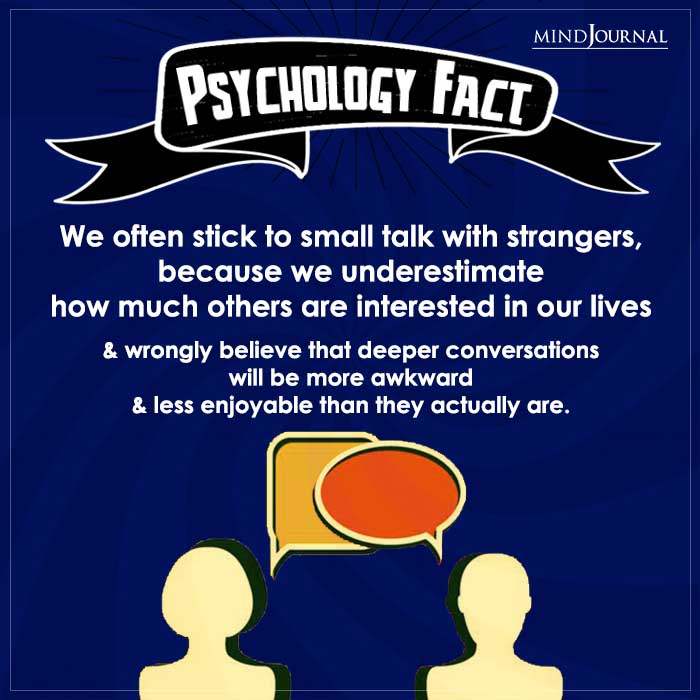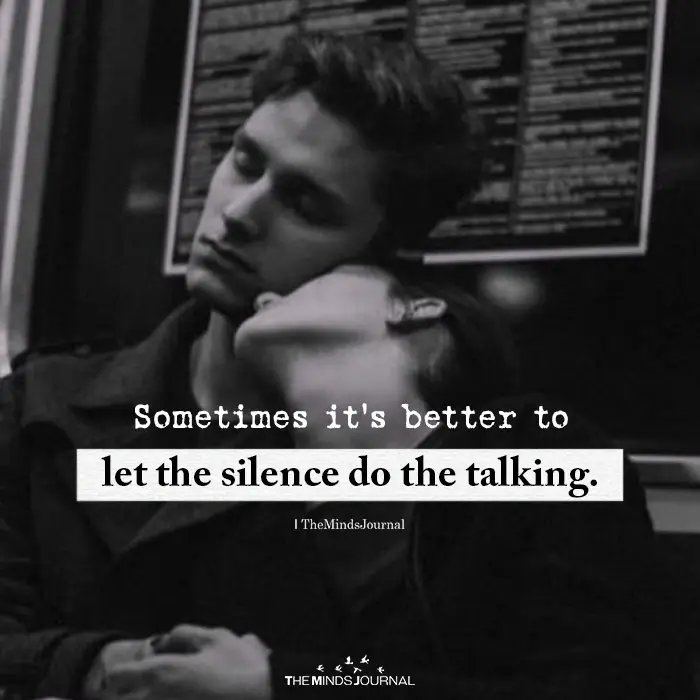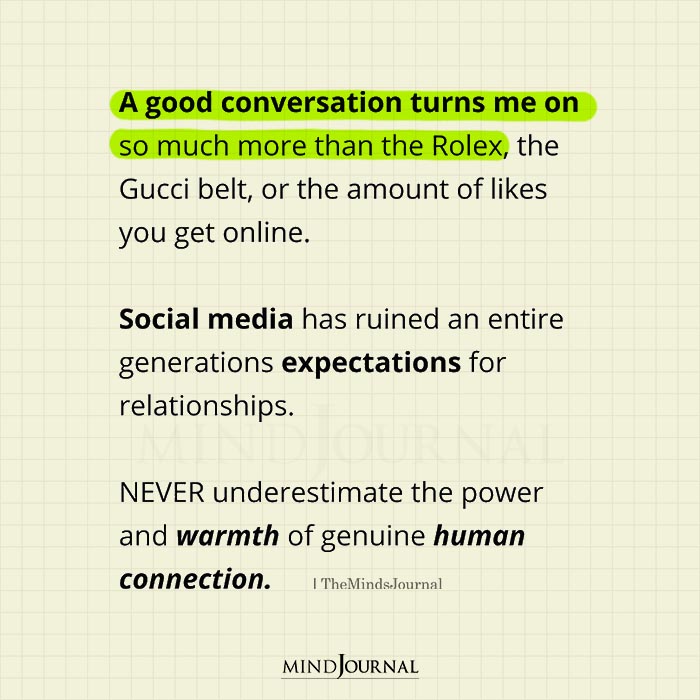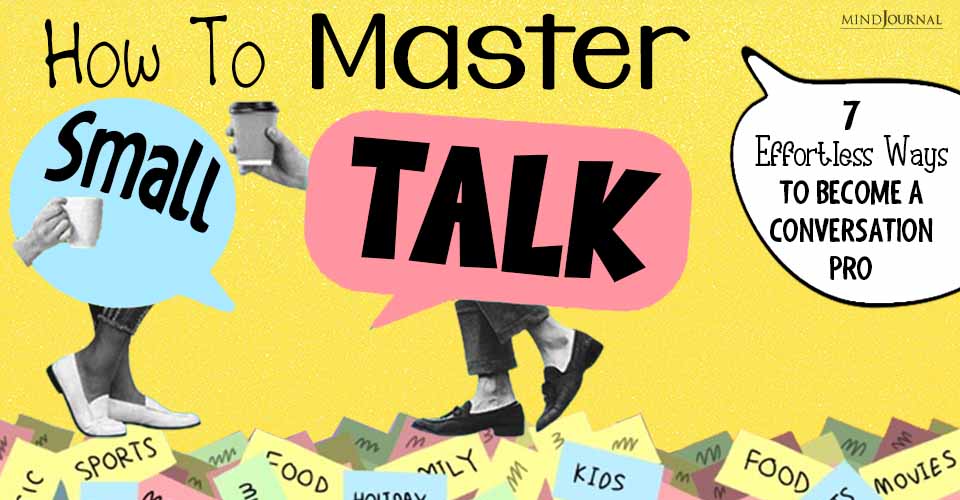Learning how to master small talk can turn many awkward moments into fun and engaging conversations. Imagine effortlessly chatting with anyone, making new friends, and feeling confident in any social situation. Now the question is, how to master small talk?
Today, we are going to share seven super easy tips and tricks to help you become a pro in the art of small talk. Whether you are at a party, work event or just meeting someone new, these small talk tips will make you the person everyone wants to talk to.
So, are you ready to transform your social skills and learn the art of small talk? Let’s begin then!
Related: How To End Small Talk Without Being Awkward? 5 Things You Can Do
How To Master Small Talk: 7 Effortless Ways to Become a Conversation Pro
1. Start the conversation with a compliment.
Who doesn’t love a compliment? Kicking off a conversation with a compliment is like opening a door with a smile. It’s a great way to break the ice and start the conversation on a positive and nice note.
Instead of a generic “You look nice!”, try something like, “I love your shoes, where did you get them?” or “Your presentation was fantastic!”
Compliments like these show that you are paying attention and you appreciate certain qualities of theirs, which makes you come across as a genuine and kind person. This also gives the conversation a positive spin. Plus, it’s hard for people to resist engaging with someone who’s just made them feel special.
Examples:
- “I couldn’t help but notice your jacket—it’s really stylish! Where did you get it?”
- “Your presentation today was amazing! You really know how to hold everyone’s attention.”

2. Introduce yourself.
How to master small talk? Introducing yourself might seem like a very basic thing to do, but it’s actually one of the best things to do. A simple introduction can open the door to a more meaningful and genuine conversation.
When you share a little bit about yourself, you are encouraging the other person to do the same; in other words, you are making them feel more comfortable to open up. You could add a little tidbit to make it more interesting, like, “Hi, I’m [Your Name], I just moved here last month.”
This gives them something to respond to and also helps you find some common ground right away.
Examples:
- “Hi, I am Alex. I am really into photography. What about you?”
- “Hey there, I am Luna. I just moved here a month ago. How long have you been living here?”
3. Crack a joke.
1hinking about better small talk? Laughter is a universal language and cracking a light-hearted joke can instantly break the ice and set a fun tone for the conversation ahead. However, make sure that you are never creepy, disrespectful or inappropriate.
A good joke and a funny anecdote can lighten the mood and make the conversation more enjoyable and engaging for the both of you. The best thing about humor is that it shows you are relaxed and approachable.
If you feel that you are not naturally funny, then don’t worry, you can simply talk about a funny incident that happened in your life. Just be your genuine self, and let your sense of humor do all the talking!
Examples:
- “Why don’t scientists trust atoms? Because they make up everything!”
- “I heard this funny story the other day. So, a horse walks into a bar, and the bartender says, ‘Hey!’ The horse replies, ‘Sure.’”
Related: 7 Conversation Hacks That’ll Help You Hit It Off With Anyone
4. Use your body language to establish rapport.
How to master small talk? The right body language can do wonders when it comes to the art of small talk. Your body language speaks volumes, sometimes even more than your words. An open, relaxed demeanour can make you seem more friendly and approachable.
Smile, maintain good eye contact, and try to use gestures to show that you are interested and invested in the conversation. When you know how to mirror someone’s body language subtly, it creates a sense of connection and understanding.
For example, if they are leaning in slightly, try to do the same, but don’t make it awkward. This sort of non-verbal communication can help you build a rapport, and make the other person feel more comfortable and understood.
Examples:
- Smile warmly and nod as the other person speaks, maintaining eye contact.
- Mirror their posture—if they’re smiling, do the same slightly to show engagement.
5. Don’t be scared of silence.
How to talk better? Remember this underrated nugget of wisdom.
Silence might feel awkward, but honestly, it doesn’t have to be. If there’s any brief pause in a conversation, instead of trying to fill it hastily, embrace the silence. Sometimes, a little silence gives both of you a moment to think and can lead to a more meaningful exchange.
If there’s a lull, take a deep breath and give the other person a chance to fill in the silence. Often, they will come up with a new topic to talk about or might even ask you a question.
Remember, it’s perfectly okay for there to be a few quiet moments—it’s part of the flow of a natural conversation.
Examples:
- [After a brief pause] “So, what do you like to do in your free time?”
- [After a moment of silence] “I was just thinking about something you said earlier. Can you explain more about that?”

6. Ask for advice.
One of the best small talk tips I can give you is this one right here.
Always remember that people love giving advice, because it makes them feel knowledgeable, intelligent and important. Asking for advice is a great way to keep the conversation going and it also shows that you respect what the other person has to say.
For instance, you can ask about their favorite restaurants and talk about how you would like to try those places out. You could even ask for advice when it comes to your career or even advice on a hobby.
These things doesn’t just lead to better small talk, it provides both of you with a topic to discuss and also deepens the connection by making the other person feel valued, helpful and appreciated.
Examples:
- “I’m looking for a good restaurant to try out this weekend. Any recommendations?”
- “I’m thinking about starting a new book. Do you have any favorites you’d recommend?”
7. Listen more than you talk.
If your aim is to understand how to master small talk, then this is one of the most important things to remember. This might seem counterintuitive when trying to master small talk, but listening is key.
It’s an open secret that people love to talk about themselves, and when you give them the floor and freedom to do exactly that, it gives off the message that you genuinely want to know what they have to say.
Nod, make eye contact (however, don’t keep staring without blinking, that’s creepy!), and give verbal cues like “Wow, that sounds interesting, tell me more!” This doesn’t just keep the conversation interesting, it also makes the other person feel important. Moreover, you will learn a lot and find more topics to discuss by simply listening attentively.
Examples:
- “That sounds fascinating! Can you tell me more about how you got into that hobby?”
- “Wow, your trip to Japan sounds incredible. What was your favorite part?”
Related: How To Make Small Talk Meaningful: 9 Effortless Ways
Combining These Tips In A Conversation
Here’s how you might use several of these tips in a single conversation and master small talk:
You: [Extending your hand for a hand shake] “Hi, I am Aaron! I am really into cooking. How about you?” (Introduce yourself and friendly body language for building rapport)
Other person: “Nice to meet you, Aaron! I am Charlie, and I love hiking!”
You: “That sounds so awesome! I have been looking for some good hiking spots around here. Do you have any recommendations?” (Ask for advice)
Other person: “Definitely! There’s this amazing trail up by the mountains.”
You: “That sounds great. And by the way, I love your hiking boots—they look really sturdy. Where did you get them?” (Start with a compliment)
Other person: “Thanks! I got them at this little shop downtown.”
You: “Nice! I will have to check that shop out then. So, tell me more about your last hiking adventure?” (Listen more than you talk)
[Brief silence as Charlie thinks]
Charlie: “Oh, it was phenomenal! We saw the sunrise over the peak and it was absolutely breath-taking!”
You: “Wow, that must have been amazing. I’ve always wanted to do an early morning hike, but I just hate getting up in the morning! Do you have any tips for a beginner?” (Cracking a joke and asking for advice)

Takeaway
When it comes to the topic of how to talk better, then always remember, that learning the art of small talk is not as daunting as you think. With these seven small talk tips, you can turn any conversation into a pleasant and engaging one.
So, how to master small talk? The key is to be genuine, open and relaxed. So go ahead and put these tips into practice in your next social gathering. You’ll be surprised at how easily you can connect with others and become a small talk pro!










Leave a Reply